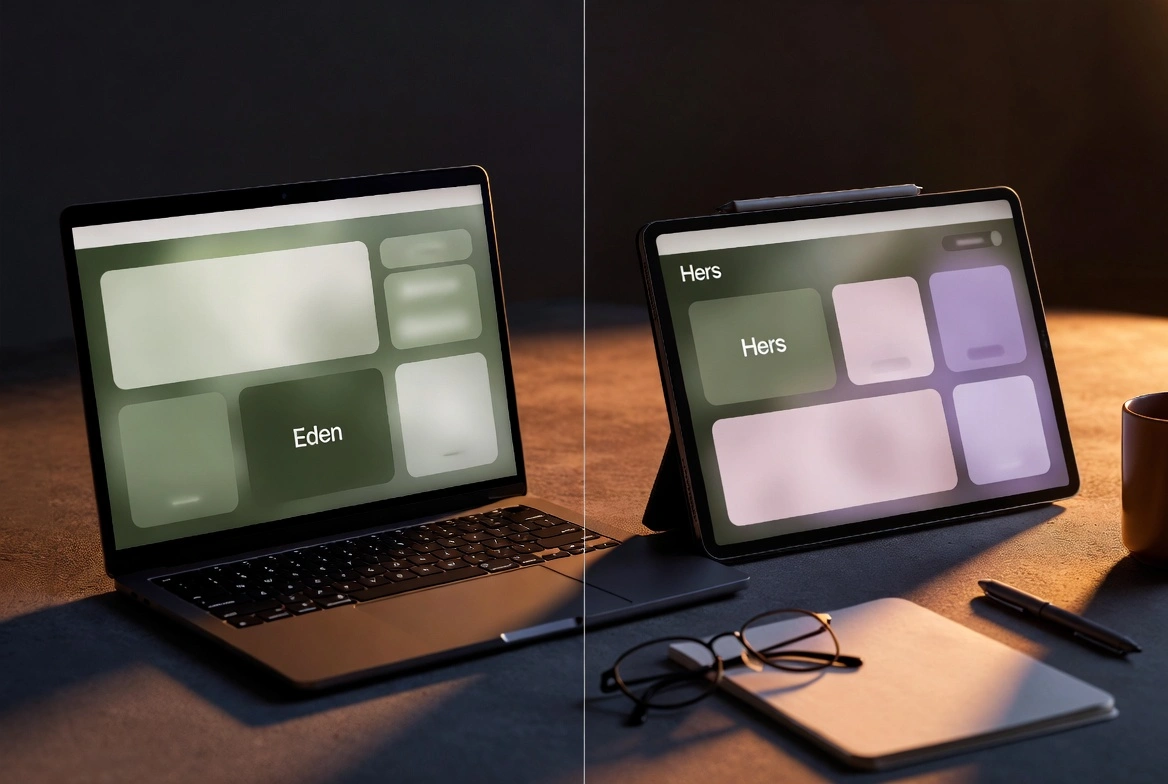What to Know About Semaglutide Pill Form


Learn what the semaglutide pill form is, who it’s for, how to take it correctly, and what makes it different from other GLP-1 treatments.
- The semaglutide pill form contains the same active ingredient as injectable semaglutide
- It’s FDA-approved for adults with type 2 diabetes, not for weight loss
- Daily dosing and strict timing are required for optimal absorption
- Only a licensed healthcare provider can determine if it’s appropriate for you

If you’ve heard of semaglutide, you may be picturing a weekly injection. But this medication also comes in a daily tablet, known as the semaglutide pill form, that offers an alternative way to take the same active ingredient. While it’s FDA-approved for managing type 2 diabetes, growing interest has emerged in its potential for weight-related goals under a licensed provider’s guidance.
This article breaks down what the semaglutide pill form is, how it works, special instructions for taking it, and what patients should consider before starting.
At Eden, we connect people with independent licensed healthcare providers who evaluate whether treatments like semaglutide are clinically appropriate. All prescriptions, if written, are filled by state-licensed U.S. pharmacies.
What Is the Semaglutide Pill Form?
The semaglutide pill form is taken once per day, typically in the morning, at least 30 minutes before eating or drinking anything other than water. This timing is important because semaglutide in pill form has a delicate absorption process that may be reduced if taken with food or other medications.
The only FDA-approved brand-name version in tablet form is Rybelsus®, which is approved to improve blood sugar in adults with type 2 diabetes. The FDA does not approve it for weight loss, although research has examined its potential effects on body weight in specific populations.
{{primary-cta}}
How It Works in the Body
The semaglutide pill form activates GLP-1 receptors, the same mechanism as injectable versions, to:
- Slow digestion, which may help you feel full longer
- Support insulin release when blood sugar levels rise
- Reduce liver glucose production between meals
Because it’s taken daily, the pill form delivers a steady exposure rather than the weekly peaks and valleys seen with injections.
Special Instructions for Taking the Pill Form
Unlike injectables, the semaglutide pill form requires specific steps to ensure proper absorption:
- Take on an empty stomach with a small amount of water (no more than 4 ounces)
- Wait at least 30 minutes before eating, drinking, or taking other oral medications
- Avoid lying down right after taking it, which may prevent reflux
These extra steps can be a deciding factor for some patients when choosing between tablet and injectable versions.
{{primary-cta}}
Practical Advantages and Challenges
Potential Advantages
- No needles or injections needed
- Portable and travel-friendly, no refrigeration required after dispensing
- Easy to fit into a daily pill routine if you already take other morning medications (with timing adjustments)
Potential Challenges
- Requires daily consistency and timing
- Absorption may vary more than with injections
- May be less suitable for those who have trouble remembering morning doses
Travel Tips for the Semaglutide Pill Form
If you’re taking semaglutide tablets and planning to travel, a few small steps can make it easier to stay on track:
- Pack extra doses in case of delays
- Keep tablets in the original container to protect them from moisture and to have your prescription label handy for airport security
- Set a daily reminder on your phone if you’re changing time zones, so your dose timing stays consistent
- Carry medication in your hand luggage, not checked baggage, to prevent loss or damage
These strategies can help you keep your routine steady even when your schedule isn’t.
{{primary-cta}}
Who Might Consider the Pill Form?
A licensed healthcare provider might discuss the semaglutide pill form if you:
- Prefer not to use injections
- Travel frequently and want a room-temperature storage option
- Are being treated for type 2 diabetes and need a daily GLP-1 option
It’s less likely to be suggested if you have a highly unpredictable morning schedule or struggle with fasting before medication.
Safety and Side Effects
Common side effects are similar to injectables and may include:
- Nausea
- Digestive changes (constipation, diarrhea, or bloating)
- Fatigue
- Appetite changes
Providers may recommend a gradual dose increase to help your body adjust.
Conclusion
The semaglutide pill form offers a needle-free, portable option for certain patients, but it comes with strict timing requirements and is currently FDA-approved only for type 2 diabetes. The appropriate choice depends on your health profile, daily routine, and provider’s clinical judgment.
At Eden, we make it easier to connect with independent licensed healthcare providers who can review your needs, determine if semaglutide is appropriate, and ensure your prescription comes from a state-licensed U.S. pharmacy.
Ready to see if semaglutide pill form is appropriate for your individual health needs?

Blog Components



The FDA does not approve compounded medications for safety, quality, or manufacturing. Prescriptions and a medical evaluation are required for certain products. The information provided on this blog is for general informational purposes only. It is not intended as a substitute for professional advice from a qualified healthcare professional and should not be relied upon as personal health advice. The information contained in this blog is not meant to diagnose, treat, cure, or prevent any disease. Readers are advised to consult with a qualified healthcare professional for any medical concerns, including side effects. Use of this blog's information is at your own risk. The blog owner is not responsible for any adverse effects or consequences resulting from the use of any suggestions or information provided in this blog.
Eden is not a medical provider. Eden connects individuals with independent licensed healthcare providers who independently evaluate each patient to determine whether a prescription treatment program is appropriate. All prescriptions are written at the sole discretion of the licensed provider. Medications are filled by state-licensed pharmacies. Please consult a licensed healthcare provider before making any medical decisions.
U.S. Food and Drug Administration. (2019). Rybelsus® Prescribing Information. https://www.accessdata.fda.gov/drugsatfda_docs/label/2019/213051s000lbl.pdf
Ghusn, W., & Hurtado, M. D. (2024). Glucagon-like Receptor-1 agonists for obesity: Weight loss outcomes, tolerability, side effects, and risks. Obesity Pillars, 12, 100127. https://doi.org/10.1016/j.obpill.2024.100127
Thank you!
We'll be in touch.
Thank you!
























